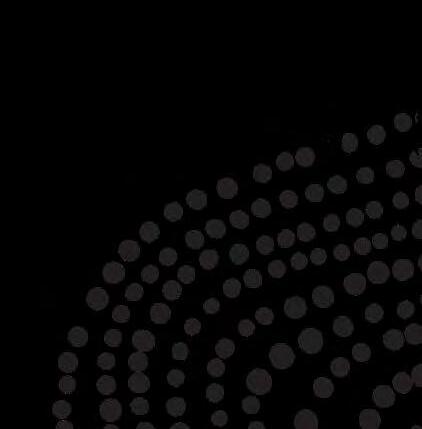
4 minute read
National Reconciliation Week 2022
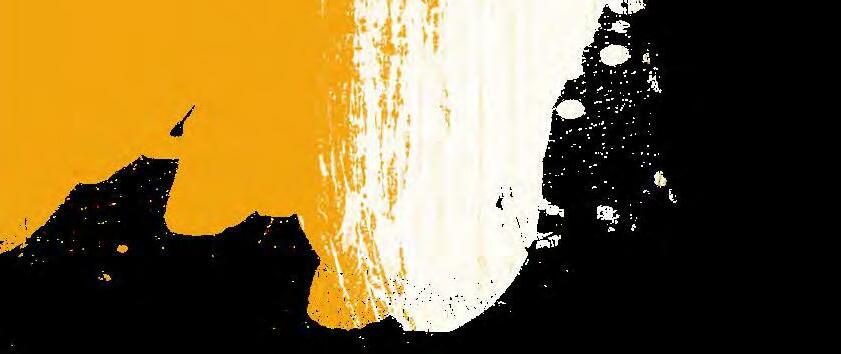
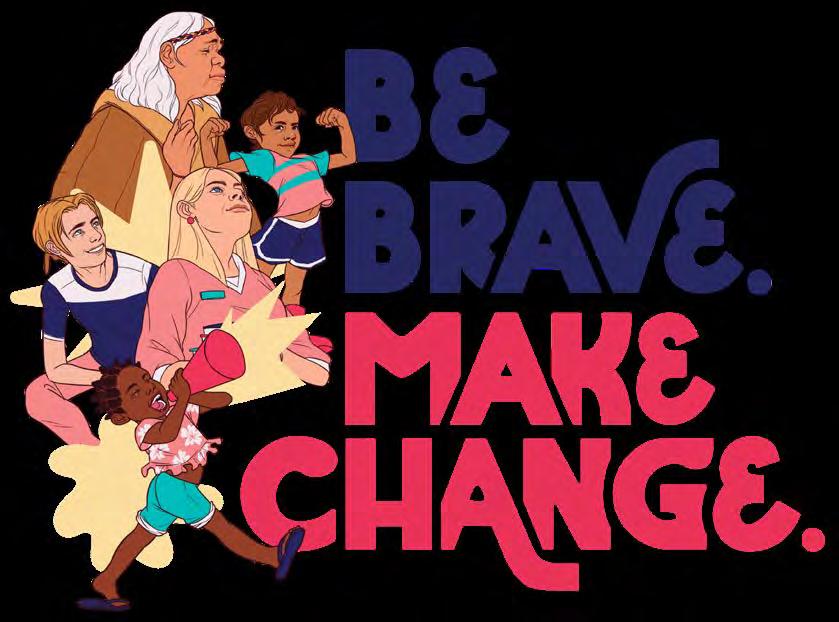
For over 25 years, National Reconciliation Week (NRW) – 27 May to 3 June – has been a time for all Australians to reflect on what they can do to advance the reconciliation of the nation.
But reflection without action is not progress; it’s stagnation. Consequently, this year’s NRW theme, Be Brave. Make Change is a rallying cry to all reconciliation allies, accomplices, advocates and activists to dig deep, stay motivated and use the tools and education available to be brave while creating a more just and equitable Australia.
Reconciliation remains unfinished business in this country. Like all relationships, the one between Aboriginal and Torres Strait Islander and non-Indigenous peoples requires hard work, honesty and mutual trust, respect and understanding. And it requires us to bravely come together to make our vision for reconciliation and real change for Aboriginal and Torres Strait Islander peoples a reality. This theme builds on last year’s, More than a word. Reconciliation takes action, which encouraged us all to move from safe to brave on action for reconciliation, and the response, engagement and commitment from supporters was overwhelming.
This year we are asking everyone to make change beginning with brave actions in their daily lives – where they live, work, play and socialise.
Check out the Actions to Make Change on page 10 for ideas on what you can get started on today. And to download resources, attend an event and much more, head to: nrw.reconciliation.org.au
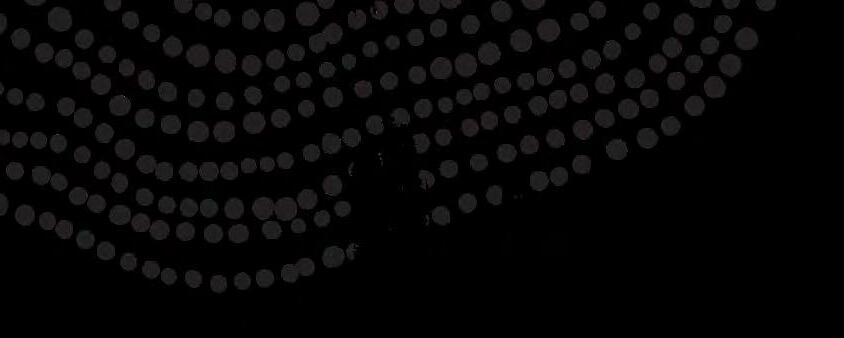
The Artwork
Reconciliation is important, serious and challenging work. But it’s also inspiring and uplifting for all Australians and all generations as we look to make reconciliation the business of all of us.
Our collection of bold, brave characters brought to life by contemporary Torres Strait Islander illustrator, Tori-Jay Mordey shows some of the different faces of Australians working for a just and equal society. They are a visual reminder that reconciliation is everybody’s business.
“I sought inspiration of what that kind of brave change might look like from many different people; people I know that are around me, people I see every day. And people I see living bravely every day in their own lives – from fierce little kids to older people working with more established mindsets and environments,” Tori-Jay said.
“We can make a change. But we can’t do it alone. Be brave and start the conversation today.”
These illustrations were commissioned by Reconciliation Australia in association with Carbon Creative who advised on and managed the 2022 theme creation and development. About Tori-Jay Mordey
Tori-Jay Mordey is an established Indigenous Australian illustrator and artist currently based in Brisbane. Over the years Tori-Jay has honed her skills in digital illustrations, drawings, painting, print making and film while also expanding her skills as a mural artist. A lot of her work revolves around human connection and exploring her racial identity.
In her illustrative work Tori-Jay often combines stylistic cartoons with realism to help capture the complexities of our emotions; distorting and exaggerating the characters in a way that helps express and expose their vulnerabilities.

Torres Strait Islander illustrator and artist Tori-Jay Mordey, the creator of the NRW 2022 artwork. Photo: Tori-Jay Mordey
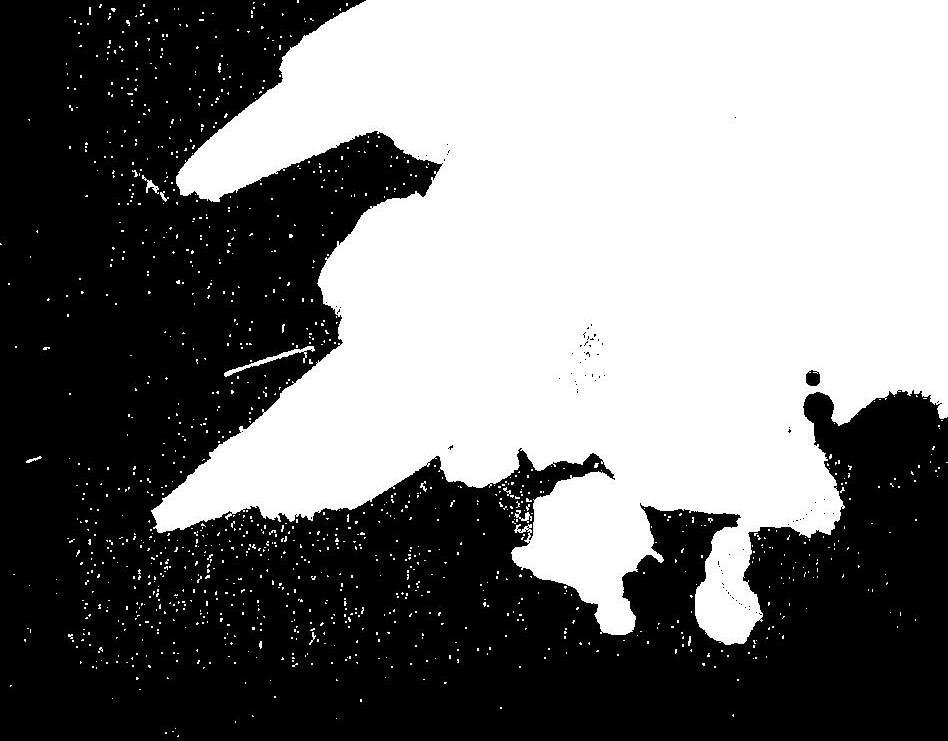
Inspiration for Brave Action:
Being brave looks different for everyone. This year is marked by many by significant national anniversaries of brave action to inspire you to go the extra mile. Reconciliation is an ongoing journey that reminds us that while generations of Australians have fought hard for meaningful changes like these, future gains are likely to take just as much, if not more, effort.
50 years ago: In January 1972, a group of brave young men began the longest protest for Indigenous land rights, sovereignty, and self-determination by planting a beach umbrella and signage proclaiming Aboriginal Embassy across the road from (then) Parliament House in Canberra.
30 years ago: In June 1992, the ten-year fight of a group of Torres Strait Islanders, led by Eddie Mabo, over ownership of Mer (Murray Island) resulted in a High Court decision that recognised that Aboriginal and Torres Strait Islander peoples have rights to land – rights that existed before the British arrived and can still exist today. On 29 May 1992 the Torres Strait Islander Flag was officially presented to the people of the Torres Strait Islands at the sixth Torres Strait Cultural Festival.
25 years ago: In April 1997 the Report of the National Inquiry into the Separation of Aboriginal and Torres Strait Islander Children from Their Families was released, a testament to the bravery of thousands who told of the impact of forcible removal from their families, cultures and communities.
